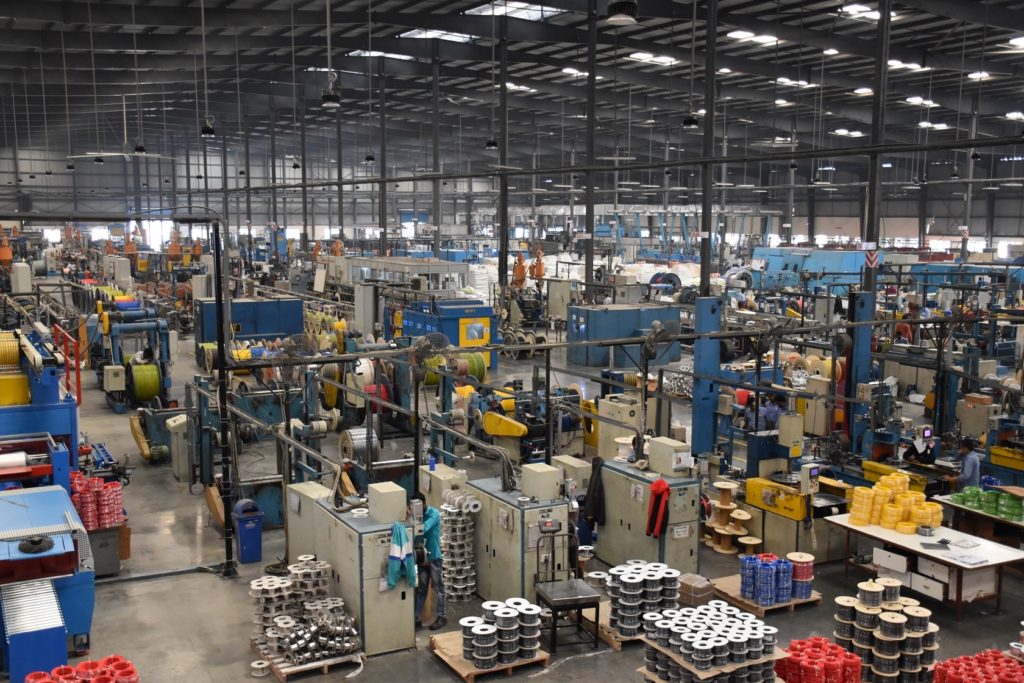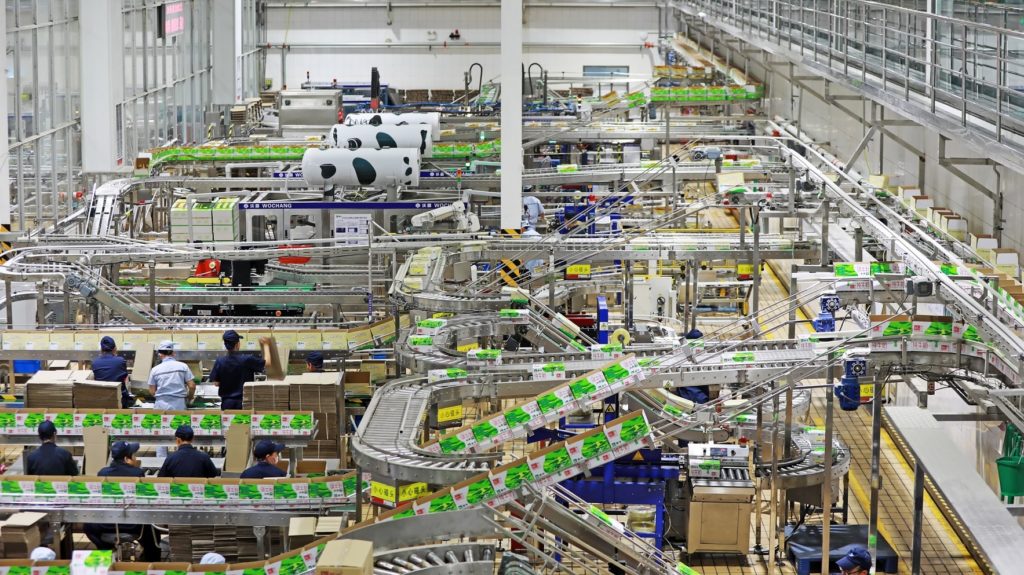When outsourcing your manufacturing overseas, there are many factors to consider besides the cost. For starters, risks with regulations, customs, logistics, and prominent cultural differences are just a few other considerations. Cost-efficiency alone does not make a supplier ‘the one’.
How do you navigate through these? The key is building a reliable relationship with your supplier. This starts and ends with open communication. Here are some questions you can use to start your conversation and better vet potential suppliers before you begin working with them.
1. Are you a trading company or a manufacturer?
Before beginning a relationship, it’s always a good idea to know who your partner is. In this case, you need to know if your supplier is the company dealing with the manufacturing directly or a trading company buying and selling inventory.
Knowing the difference is essential since it all boils down to quality. While a manufacturer produces its own product, a trading company sources products from different manufacturers.
If you partner with a manufacturer you can speak to them directly about any quality concerns you might have. On the other hand, in the case of a trading company, you’d have to go through many layers of communication before you get the quality you’re looking for.
We advise visiting the factory to audit their facilities and discover if they manufacture in-house or outsource. In case that seems like a time-consuming task, we have a solution for this, read on to know.
2. Do you have any prior experience creating similar products?
Ask your shortlisted suppliers about their existing products. Get to know their manufacturing techniques, ask what machines they use, if the products they use are sustainable, how they have managed any unexpected quality issues in the past, and so on.
Specific questions lead to a better understanding of your suppliers. This conversation will also help with your first question – if they’re a trading company, wholesaler, or middlemen. If there are red flags like – lack of experience in production or if they are outsourcing products, you’ll know they’re not for your organization. You’re ideally looking for a manufacturing partner to collaborate with, not a middleman.
3. How do you ensure quality control and what’s the work process?
To err is human. However, to own it and propose solutions is a sign of a good partner. Have a conversation with your suppliers if they have a dedicated quality manager, how they test their stock, where the testing happens, and what happens if the products fail the tests. Quality is a priority for any brand. This allows you to understand how your supplier might respond to quality concerns before, during, and after production.
Additionally, it’s always best to reach an agreement with your supplier before production on escalation, quality issues, adjustments, etc. To be on the same page about the working process is essential especially when you will be working from miles away.

4. Would scalability be an issue in the future?
Discover how flexible the suppliers are when it comes to going from producing small quantities to high-volume orders. You wouldn’t want to be in a situation where you’d have to outgrow your original supplier only because they couldn’t scale. Partner with a supplier equipped to meet your organization’s changing needs from the beginning of your work manufacturing relationship. This also means you’d need to have an understanding of the scalability of your product before sourcing suppliers.
5. How do we manage shipping and logistics?
Determine if you need a multi-location supplier or a single warehouse and choose your supplier accordingly. Your manufacturing and shipping locations must be reasonable for your supplier. Ask your manufacturer if they have a logistics partner and if you can speak with the partner, understand their delivery rates, and how they navigate late delivery.
A recent study shows that 93% of customers reported that they want to stay informed and receive proactive updates from retailers about their shipments. How is the supplier meeting this need? Lastly, ask your suppliers about the lead time – how long will it take from the time you place your order until the products reach your customers?
6. Are there any regulatory requirements we should be aware of?
Every country has regulatory requirements. Especially post-pandemic, regulatory requirements have become even more specific. It is always a good idea to understand the manufacturing country’s regulations and if that’s something your organization wants to comply with. Ask your supplier about the licenses and regulatory approval you would need to make the product in that located country. Are there any products that are banned? For instance, chewing gums are banned in Singapore, you can’t expect to import chewing gums from there.
This might also be a good time in the conversations to ask about how you should manage currency fluctuations, political disturbances, and any relevant nationwide regulations.

7. How do we bridge the communication & business culture gap?
Working with an international supplier means tending to the time difference, language barrier, and working styles in different countries. Consider having a discussion with your suppliers about your expectations on the production, working relationship, output, and delivery – while also understanding their point of view on working style.
To prevent misunderstandings and ensure a smooth workflow, we suggest creating a framework to streamline the working relationship. When is the right time to place an order, what’s the next process after sourcing products, how should a quality check happen, what is a convenient time for check-ins..and so on.
Leave no room for confusion, and discuss everything that could lead to a potential misunderstanding.
Now, you can have these conversations by yourself or you can leverage manufacturing experts in the Gembah network to do the heavy lifting. Trust our fully vetted network of experts around the world to match you with the right supplier.
In case you’re worried if the manufacturers are delivering their commitment, Gembah’s network has local representatives who conduct regular on-site visits. Gembah updates you with photos and reports, helping you build a trusting relationship with the manufacturer.
Save time and hassle of sourcing suppliers with Gembah’s network. Would you like to start a conversation with us? Get in touch.



